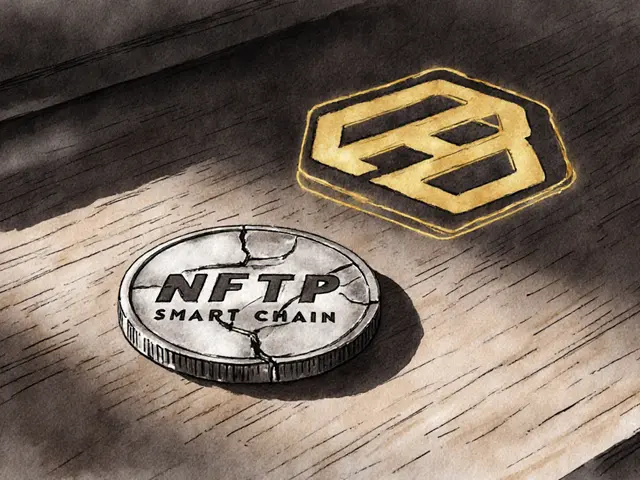Crypto Service Provider License: What You Need to Know
When working with crypto service provider license, a government‑issued permit that lets a business offer crypto‑related services such as trading, custodial storage, or payment processing. Also known as CSP license, it signals that the company meets local compliance, AML/KYC, and capital requirements. Without it, most jurisdictions won’t let you accept customer funds or list tokens on an exchange, so getting the right license is the first step to operating legally and building trust.
Key Licensing Frameworks Around the World
One common form is the VASP license, a Virtual Asset Service Provider permit required in many countries for exchanges, wallet providers, and payment gateways. In the UAE, the VARA licensing, issued by the Virtual Assets Regulatory Authority, focuses on token issuers and DeFi platforms and adds a reporting framework for tax purposes. Indonesia’s approach used to rely on Bappebti licensing, a regulator‑backed crypto‑asset licence that covered exchanges and custodians before oversight shifted to OJK in 2025. Finally, many crypto exchanges chase a specific crypto exchange license, which combines market‑making rules, consumer protection standards, and cybersecurity audits. Each of these licences shares three core attributes: a rigorous compliance checklist, ongoing reporting obligations, and a need for capital reserves that match the service scale.
These frameworks don’t exist in isolation – a VASP license often requires you to meet the same AML standards that VARA imposes, while Bappebti’s rules influenced the design of newer Asian licensing models. Understanding how each licence fits into the broader regulatory puzzle helps you choose the right path for your business, avoid costly re‑applications, and stay ahead of future rule changes. Below you’ll find detailed reviews of exchange platforms, step‑by‑step guides for getting a VASP licence in Nigeria, UAE VARA licensing essentials, and a look at how Indonesia’s licensing shift impacts crypto operators. Dive in to get the practical details you need to plan, apply, and stay compliant.
Crypto Licensing Requirements in the Philippines: SEC Guidelines for CASPs
A detailed guide on the Philippines SEC's 2025 crypto licensing rules, covering capital, office, AML, marketing, fees, enforcement, and step‑by‑step application tips.
View More




